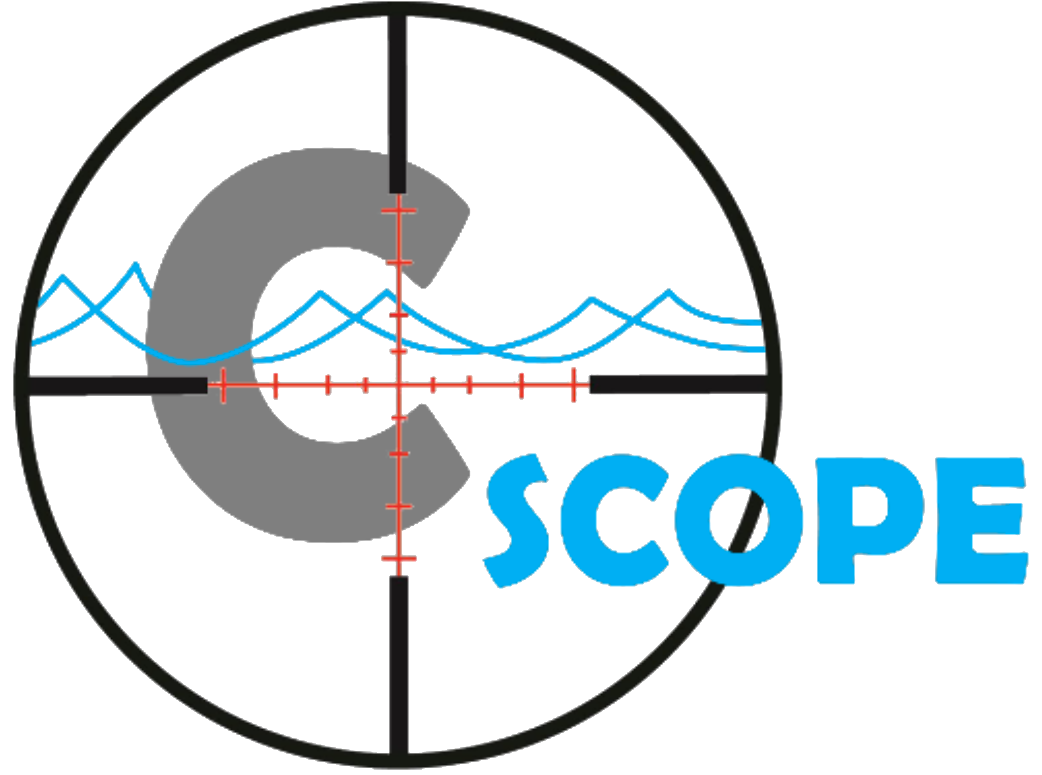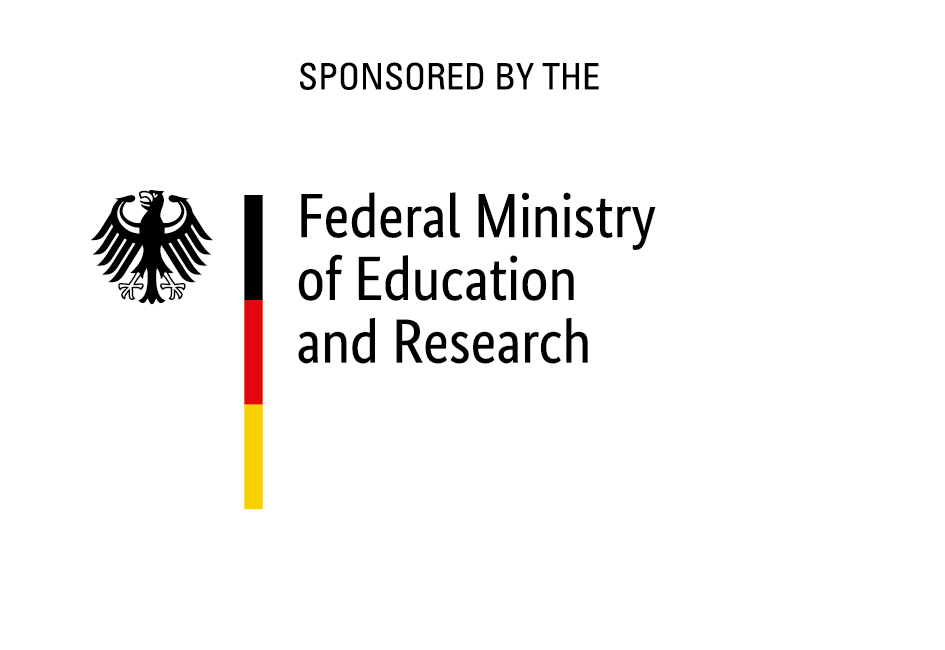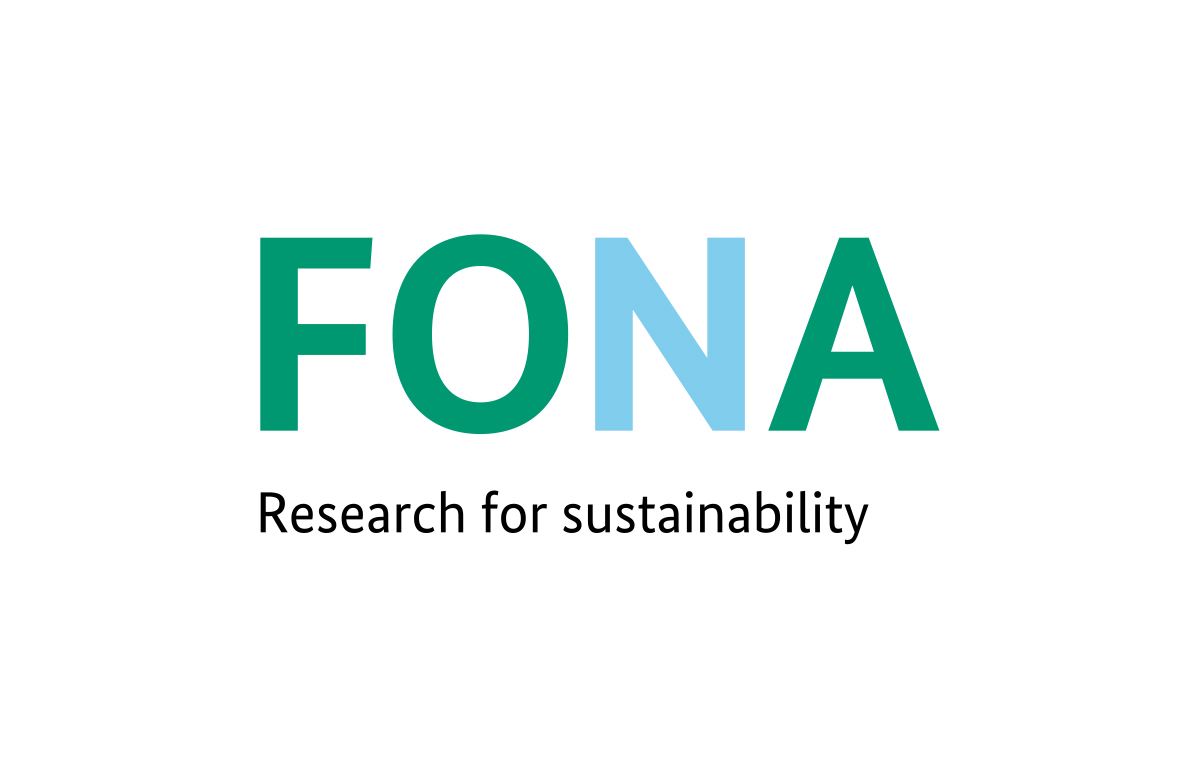BSH - Bundesanstalt für Seeschifffahrt und Hydrography
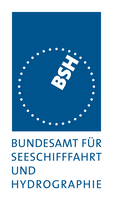
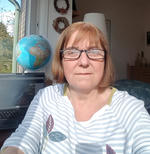
Birgit Klein
Birgit Klein is an oceanographer and works at the Federal and Maritime and Hydrographic Agency (BSH). She is in charge of the German contribution to the international Argo program and chair of the Euro Argo management board. Her interests center on the ocean’s role in the climate system and shaping of a sustainable observation system incorporating Argo and other components. Her participation in WP1 concerns the analysis of the pH data from floats in the subpolar gyre. In WP3 she is involved in defining an implementation plan for a sustainable marine CO2 observing system.
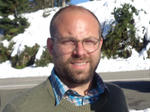
Matthias Wunsch
Matthias Wunsch is responsible for the Secretariat of the German IOC-Section within BSH and is as such the German Focal Point to the Intergovernmental Oceanographic Commission of UNESCO (IOC). In order to secure the data and contribute to the international data basis, C.Scope in its Task 3.1 supports the IOC in their role as custodian agency for SDG-Indicator 14.3.1 (Ocean Acidification), a task Matthias is following closely. As a trained lawyer he also supports the national implementation strategy that aims at securing a long-term financing of the marine C02 observations in Germany.
IDOS - German Institute of Development and Sustainability
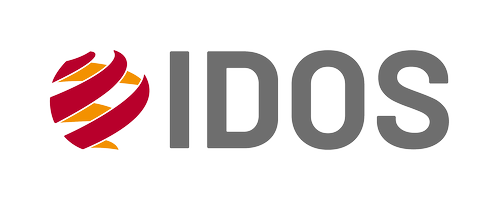
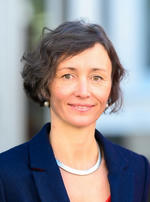
Anna-Katharina Hornidge
Anna-Katharina Hornidge is Director of the German Institute of Development and Sustainability (IDOS) and Professor for Global Sustainable Development at the University of Bonn. In her research, Ms. Hornidge works on knowledges & innovation development for development, as well as questions of natural resources governance in agriculture and fisheries in Asia and Africa. Ms. Hornidge serves as expert advisor at national, EU and UN level: as Member of the German Advisory Council on Global Change of the German Government (WBGU), Co-Chair (with Gesine Schwan) of SDSN Germany, and as part of the executive council of the German UNESCO-Commission. In the C-SCOPE project, she leads Task 3.2 of WP3 on knowledge systems and communicative practice in marine carbon observations.
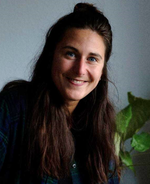
Mirja Schoderer
Mirja Schoderer is a researcher at the German Institute of Development and Sustainability (IDOS) and a PhD candidate at the Vrije Universiteit Amsterdam. She has a background in environmental social sciences and literature studies. In the C-SCOPE project, she assesses the structural dimension of marine CO2 observations through the lens of a sociology of knowledge approach to discourse. In previous research, she investigated mining and water conflicts from a Critical Political Ecology and an Institutional Analysis standpoint with a regional focus on Mongolia. Her wider research interests cover various dimensions of environmental justice as well as feminist political ecology.
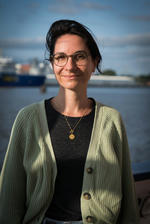
Ramona Hägele
Ramona Hägele is a researcher at the German Institute of Development and Sustainability (IDOS) and PhD Candidate at the University of Bonn. She has a background in Social and Cultural Anthropology and Political Science. In the C-SCOPE project, she pursues her PhD in Knowledge Sociology by praxeologically assessing interdisciplinary and transcultural knowledge production processes in marine carbon observations. Previously, she worked on (local) water governance, ethnic minorities and intrastate conflicts with a regional focus on the Middle East and East Asia.
FSU - Friedrich-Schiller-Universität Jena
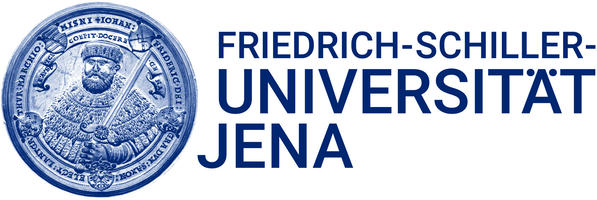
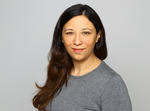
Karel Castro-Morales
Karel Castro-Morales is a scientist at the Institute of Biodiversity of the Friedrich Schiller University Jena, Germany. In the C-SCOPE project, she is the lead investigator of Task 2.2 responsible for the development and evaluation of the regional configuration at the Amazonas shelf system with a general circulation model. In her research, Karel combines observations and models to better understand the effects of climate change in the carbon cycle of aquatic ecosystems. She has participated in numerous research oceanographic expeditions and most recently in rivers, and has also worked with ocean and terrestrial numerical models at regional and global scales.
GEOMAR - Helmholtz-Zentrum für Ozeanforschung Kiel
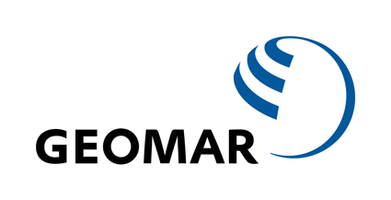
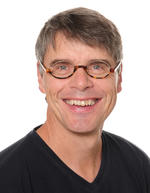
Arne Körtzinger
Arne Körtzinger is Professor for Marine Chemistry at the University of Kiel and Head of the Department of Chemical Oceanography at the GEOMAR Helmholtz Centre for Ocean Research Kiel. He works mainly on the natural and anthropogenically disturbed marine carbon cycle as well as its connection to the marine oxygen cycle. In his work, a special focus is placed on the development and evaluation of novel approaches in ocean observation. Arne Körtzinger is lead-PI of two operational observation stations (Cape Verde Ocean Observatory, North Atlantic Ship-of-Opportunity line) of the European research infrastructure ICOS - Integrated Carbon Observing System. In C-SCOPE, he leads Tasks 1.3, 2.1 and 4.
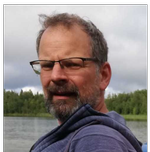
Tobias Steinhoff
Tobias has long experience on measurements oft he marine carbon cycle. He specialised in surface ocean pCO2 measurements and operates the instrumentation installed onboard the „Ship of Opportunity (SOOP)“ line M/V Atlantic Sail, which includes surface water measurements of pCO2, alkalinity, pH and oxygen. Within C-SCOPE WP1 he is assisting with the coordination oft the whole project. He works on the improvement of Argo float based pH measurements also using the ship based data. He is also working in WP2 on establishing a SOOP line covering the Brazilian coast and into the Amazon river. In WP3 he is working with the colleagues from BSH and IDOS to operationalize and socialize marine carbon observations.
Carlos Musetti de Assis
Carlos Musetti de Assis is a Master in oceanography by the State University of Rio de Janeiro/Universidade do Estado do Rio de Janeiro (UERJ), focusing in the CO2 dynamics off the brazilian coast. In the C-SCOPE project, he pursues his PhD at GEOMAR working at the implementation of the first Ship of Opportunity (SOOP) line in the brazilian blue amazon, collecting CO2 and methane data in a complex and variable enviroment.
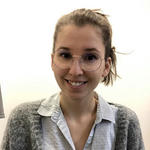
Cathy Wimart-Rousseau
Cathy Wimart-Rousseau is a post-doctoral researcher in the Chemical Oceanography team at the GEOMAR Helmholtz Centre for Ocean Research Kiel. She works on the marine carbon cycle as well as the CO2 exchanges at the air-sea interface. Within the C-SCOPE project, she deals with in situ data measured by numerous platforms (e.g. BGC-Argo floats) and works on the enhancement of float-pH data quality control methods in the Subpolar North Eastern Atlantic region.
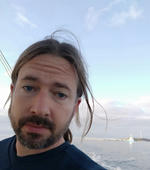
Claas Faber
Claas Faber is part of the Digital Research Infrastructure team of GEOMARs Information, Data and Computing Centre. With a background in software engineering, biology and hydrology, Claas is providing services and digital infrastructure supporting scientists. Within C-SCOPE, he is working as a data manager, supporting data flow and FAIR research data within the project.
IOW - Leibniz-Institut für Ostseeforschung Warnemünde
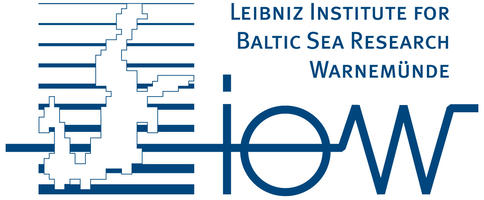
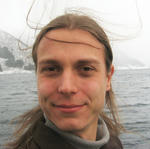
Henry Bittig
Henry Bittig is a scientist in the Marine Chemistry department at IOW with research interests that cover: (i) the marine carbon cycle and the biological carbon pump; (ii) in-situ biogeochemical sensors and platforms (e.g., free-floating Argo floats); (iii) linking ocean observing systems such as dedicated research campaigns, surface measurements by commercial vessels, autonomous measurement platforms, and remote sensing; (iv) linking ocean observation with modeling, as well as marine research infrastructures and research. Within C-SCOPE, he deals with the integration of a pCO2 sensor on BGC-Argo floats to seamlessly integrate with ICOS surface observations and to provide a 4D picture of CO2 in the Baltic.
Malin Waern
Malin Waern is a PhD Student from the Tracegases working group at IOW. She has a background in Marine Science and Biology from University of Gothenburg and University of Southampton. She is mainly working with understanding the nutrient cycle using in-situ optical sensors. Her role in the C-SCOPE project is to investigate possible dynamics between the nutrient and carbon cycle in the Baltic Sea.
UERJ - Universidade do Estado do Rio de Janeiro
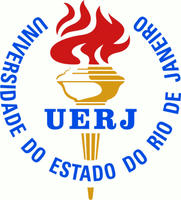
Letícia Cotrim da Cunha
Leticia is an Assistant Professor in Chemical Oceanography and Head of the Chemical Oceanography Lab (LABOQUI) at Rio de Janeiro State University (UERJ). Her research interests are in marine biogeochemistry focusing on the carbonate system for coastal and open ocean areas. Our tasks (2.1 and 2.2 with GEOMAR and FSU) as a C-SCOPE partner are to help the installation, operation and discrete sample analysis of the SOOP underway system in Brazil. Here at UERJ we have a dedicated research group that investigates the physical and biogeochemical processes related to the spatial and temporal variability of the marine CO2 system and estimates the ocean-atmosphere CO2 fluxes within the Brazilian Exclusive Economic Zone (EEZ), so-called “Blue Amazon”. The high-resolution biogeochemical data from the Brazilian SOOP will provide a unique data set suitable for integration into modelling the influence of the land-ocean continuum carbon fluxes along the Amazon river basin and other key Brazilian coastal areas.
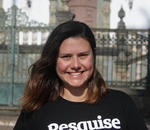
Raquel Renó de Oliveira
Raquel Renó de Oliveira is a PhD student at Universidade do Estado do Rio de Janeiro (UERJ) in the Chemical Oceanography Lab (LABOQUI), and a Research Visitor at GEOMAR Helmholtz Centre for Ocean Research Kiel. She works with ocean biogeochemical with a focus on CO2 fluxes at the ocean and atmosphere interface. Within the C-SCOPE project, she is part of the group responsible for the operation and discrete sample analysis of the SOOP underway system in Brazil and to investigate the CO2 fluxes at the "Amazônia Azul" area.
